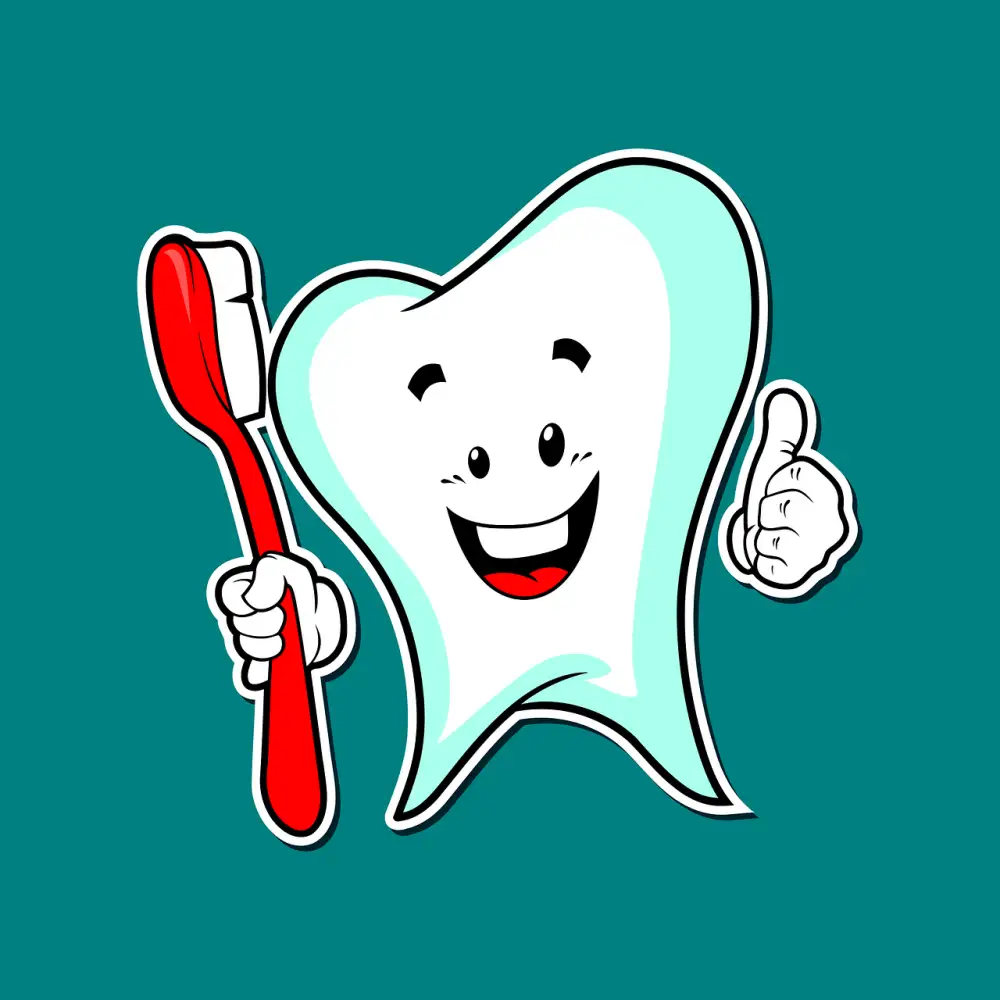Special Needs Toothbrushes: Enhancing Oral Care for Patients with Unique Requirements

Maintaining good oral health is essential for everyone, including individuals with special needs. However, due to physical, cognitive, or sensory challenges, traditional toothbrushes may not always be suitable for these patients. Special needs toothbrushes are specifically designed to cater to the unique requirements of individuals with disabilities. These specialized toothbrushes aim to make oral care more accessible and effective for those who may have difficulty using conventional oral hygiene tools. In this article, we will explore the importance of oral health in special needs individuals and discuss the various types of toothbrushes available to meet their specific needs.
Importance of Oral Health in Special Needs Individuals
Individuals with special needs often face challenges in maintaining good oral health. Poor oral hygiene can lead to various dental issues such as cavities, gum disease, and bad breath. Moreover, research has shown that special needs individuals are at a higher risk for oral health problems compared to the general population. Therefore, it is crucial to prioritize oral care in this group to prevent potential complications and improve overall well-being. Regular dental check-ups and proper oral hygiene routines are essential for maintaining good oral health in special needs individuals.
Types of Toothbrushes Available for Special Needs Patients
Special Needs patients require toothbrushes that cater to their unique requirements. Some types of toothbrushes available for Special Needs individuals include:
1. Electric Toothbrushes: These can be easier to use for patients with limited dexterity or motor skills.
2. Adaptive Toothbrushes: Designed with larger handles or angled heads for better grip and control.
3. Chewable Toothbrushes: Ideal for patients who have difficulty holding a traditional brush, as they can chew on the bristles to clean their teeth.
4. Silicone Toothbrushes: Soft and flexible, suitable for patients with sensory sensitivities or oral aversions.
5. Finger Toothbrushes: Small brushes that fit over the finger, useful for caregivers assisting with oral care.
Choosing the right type of toothbrush is essential in ensuring effective oral hygiene for Special Needs patients.
Features to Consider When Choosing a Toothbrush for Special Needs Individuals
When selecting a toothbrush for special needs individuals, it is crucial to consider certain features to ensure effective oral care. Look for toothbrushes with ergonomic handles that are easy to grip, especially for those with limited dexterity. Soft bristles are gentle on sensitive gums and teeth, reducing the risk of irritation. Additionally, opt for toothbrushes with smaller or larger brush heads depending on the individual's mouth size to ensure thorough cleaning. Some toothbrushes also come with built-in timers or sensory-friendly features to cater to specific needs.
Tips for Proper Oral Hygiene for Special Needs Patients
1. Establish a Routine: Consistency is key when it comes to oral hygiene. Set a daily schedule for brushing and flossing to help individuals with special needs become accustomed to the routine.
2. Use Adaptive Tools: Consider using specialized toothbrushes or adapted tools such as electric toothbrushes, angled handles, or chewable toothbrushes to make oral care easier and more effective.
3. Supervise and Assist: Depending on the individual's abilities, they may need assistance with brushing and flossing. Caregivers should provide guidance and support to ensure thorough cleaning.
4. Focus on Technique: Teach proper brushing techniques, including gentle circular motions along the gumline and inner surfaces of the teeth. Encourage thorough cleaning of all tooth surfaces.
5. Monitor Dental Health: Regular dental check-ups are essential for special needs patients. Dentists can identify any issues early on and provide tailored advice for maintaining oral health.
By following these tips, caregivers can help special needs individuals maintain good oral hygiene habits and prevent dental problems in the long run.
Recommendations for Specialized Toothbrush Brands
When it comes to specialized toothbrushes for individuals with unique needs, there are several brands that stand out for their quality and effectiveness. Some recommended specialized toothbrush brands include:
1. Oral-B: Known for their range of electric toothbrushes with different brush head options suitable for various needs such as sensitive teeth or orthodontic appliances.
2. Colgate: Offers manual toothbrushes with specially designed bristles for gentle yet thorough cleaning, ideal for individuals with sensory sensitivities.
3. Curaprox: Provides ultra-soft bristle toothbrushes that are gentle on gums and teeth, making them suitable for individuals with oral sensitivities or delicate oral tissues.
4. Philips Sonicare: Offers electric toothbrushes with advanced technology such as sonic vibrations and pressure sensors, beneficial for individuals who may have difficulty with manual brushing techniques.
By choosing a reputable specialized toothbrush brand tailored to the specific needs of the individual, optimal oral care can be achieved, promoting overall oral health and hygiene in special needs patients.
In conclusion, oral care is crucial for individuals with special needs to maintain overall health and well-being. By using specialized toothbrushes designed to meet their unique requirements, such individuals can effectively maintain good oral hygiene. It is essential for caregivers and healthcare professionals to understand the importance of proper oral care in this population and provide necessary support.
Regular dental check-ups, consistent oral hygiene routines, and the use of appropriate toothbrushes are key factors in preventing dental issues in special needs patients. Additionally, incorporating adaptive techniques and tools can make oral care more manageable for both the individual and caregiver.
Choosing the right toothbrush for a special needs patient involves considering factors such as grip size, bristle softness, handle length, and any specific requirements based on their condition. Consulting with a dentist or oral health specialist can help in selecting the most suitable toothbrush for each individual's needs.
Ultimately, promoting good oral hygiene practices tailored to the unique needs of special individuals can significantly improve their quality of life and overall health. By prioritizing oral care and utilizing specialized toothbrushes, we can enhance the well-being of those with special needs and ensure they maintain healthy smiles for years to come.
Published: 10. 05. 2024
Category: Food



